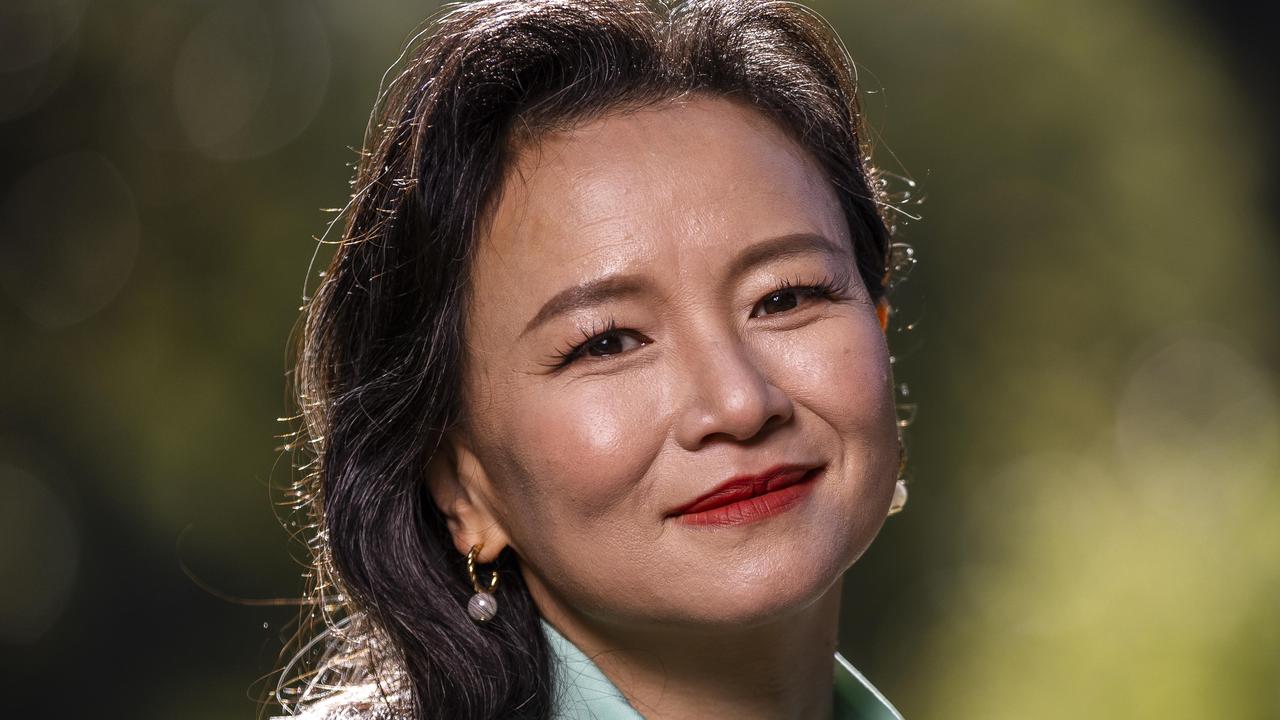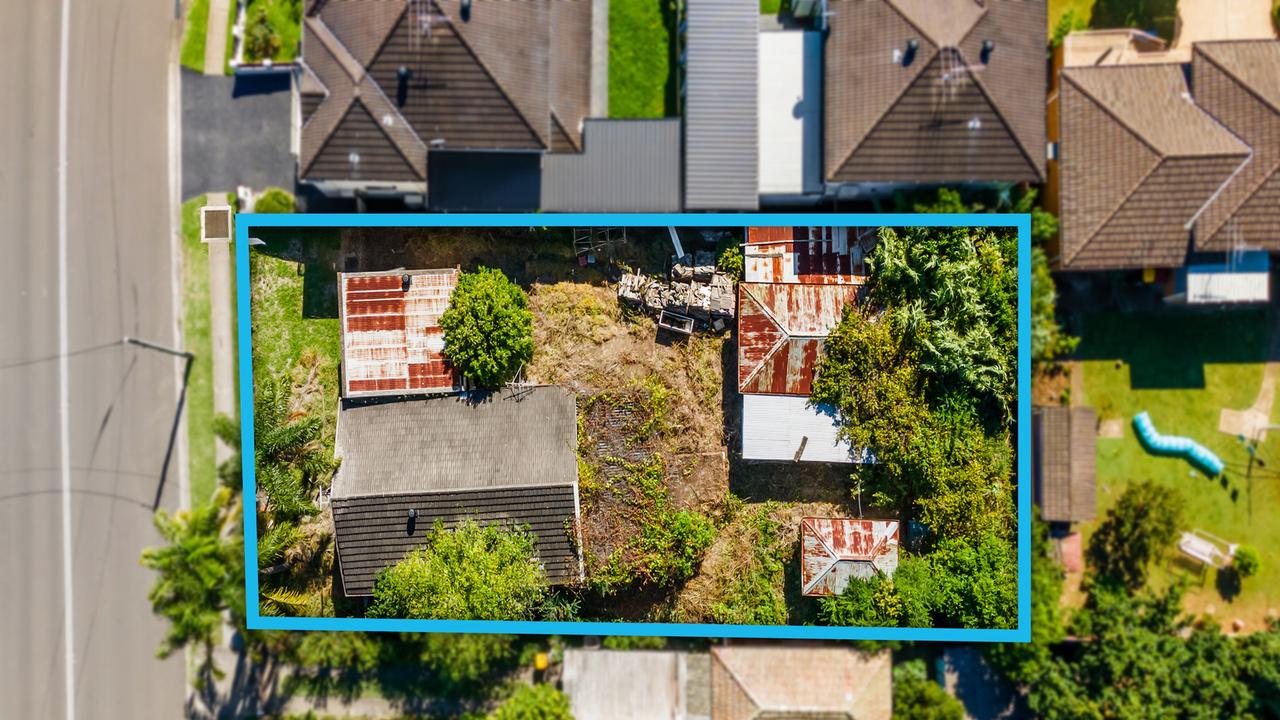Aussie TV journalist Cheng Lei reveals true horrors of Chinese prison punishment
An Australian TV journalist has revealed the most brutal punishment she endured while locked up in China – and courageously disclosed a sickening ordeal from years earlier.
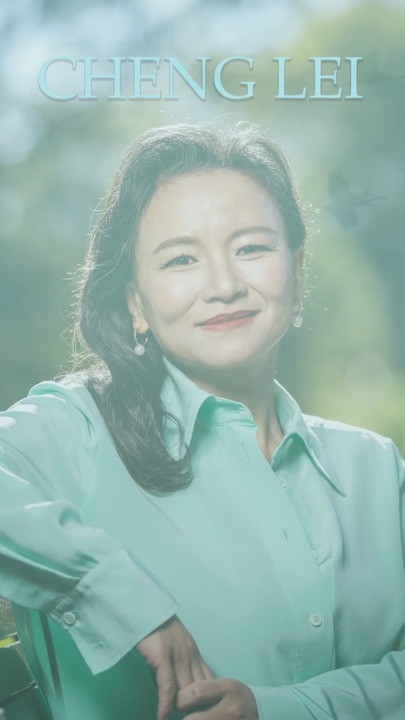
Australian TV journalist Cheng Lei has detailed the cruel treatment she endured while wrongfully detained for three years in China’s prison system – including six months of a brutal penalty “worse than solitary”.
Lei was a star presenter at the Chinese Global Television Network in Beijing in August, 2020, when she was taken from her workplace by state security officers and placed into detention, starting with so-called Residential Surveillance at a Designated Location (RSDL).
Now home in Melbourne and an anchor and columnist for Sky News Australia, Lei has revealed the harrowing conditions of her initial six-month incarceration at the RSDL – in particular, the “sitting punishment” designed to break a prisoner’s will.
“You have to sit there for 13 hours a day, you’re not allowed to move, you have to ask for any sort of movement. There are two people on either side of you the whole time,” the 49-year-old mother-of-two said in an exclusive interview withThe Courier-Mail and other News Corp newspapers.
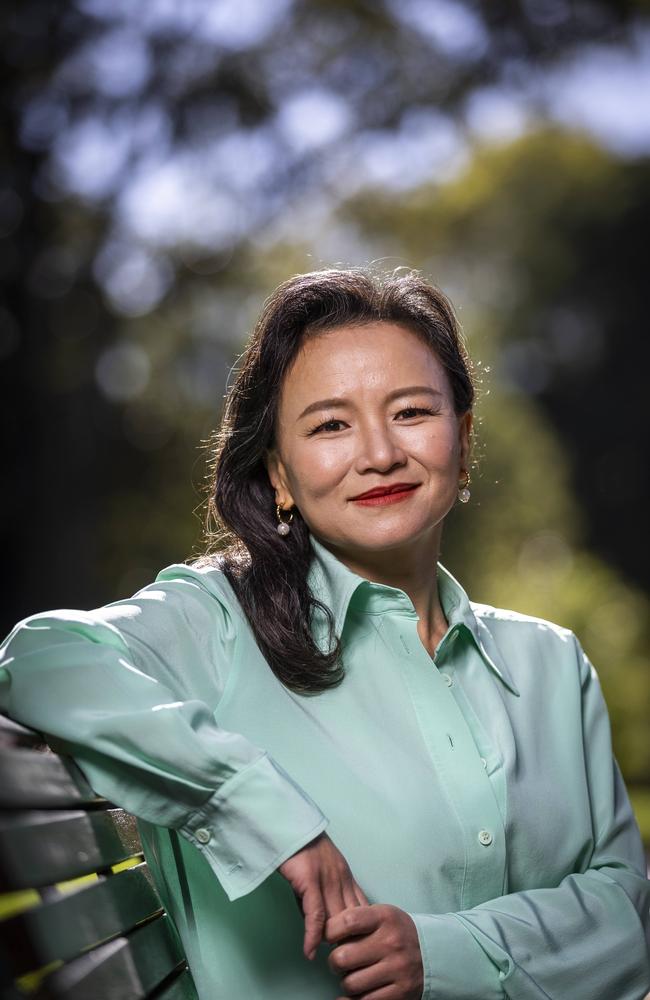
“They are not allowed to speak to you, you are not allowed to speak to them, you are not allowed to speak at all. The curtains are closed, the lights are always on, so you sit there being watched by the cameras and these two people, just looking at you: when you sit, when you shower, when you go to the toilet, when you sleep. It is just beyond any understanding of personal space.”
While designed primarily as mental and emotional torture, the months of sitting motionless took a physical toll as well.
Later moved to a different facility, Lei was finally charged in February, 2021 with “illegally supplying state secrets to foreign organisations”, after she texted eight words of a government briefing to a colleague just seven minutes before an embargo on the documents was lifted.
The punishment for breaking the embargo was severe: it would have been a five-year sentence, although government diplomacy meant Lei was released after three years and two months in prison. One of the worst aspects was the time she spent not knowing if she would ever see her children – Ava, now 16, and Alex, now 13 – and her partner again.
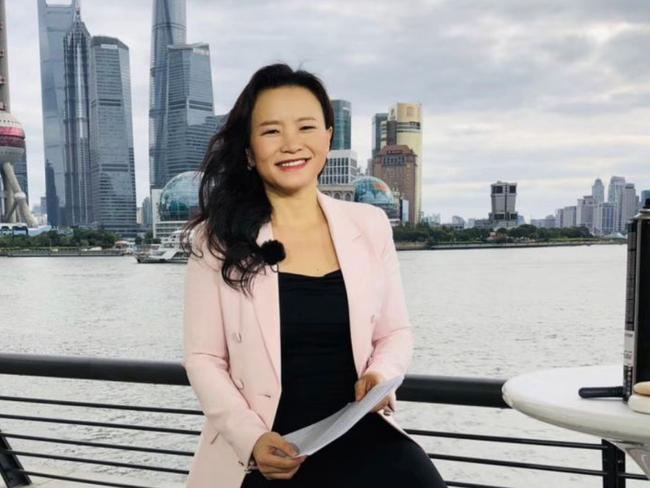
Lei acknowledged that her long imprisonment, “almost broke me” at times, and said she would use “mind pictures” – images of happier times in her life – to stay mentally healthy in the most challenging of circumstances.
In her interview with the newspaper’s Q Weekend Magazine she also disclosed how, at 17, she was raped during a harrowing break-and-enter in her family’s Brisbane home.
“This guy was just cruising the neighbourhood checking all the doors and he got lucky at our house.,” she said. “He said he had a knife and he would kill me.”
Lei – eventually released in October 2023 after intense lobbying from colleagues, friends and negotiations with the Australian government – has written a moving account of her 1154 days in prison, titledCheng Lei: A Memoir of Freedom; and is narrating a documentary on Sky News Australia on June 3 called Cheng Lei: My Story.
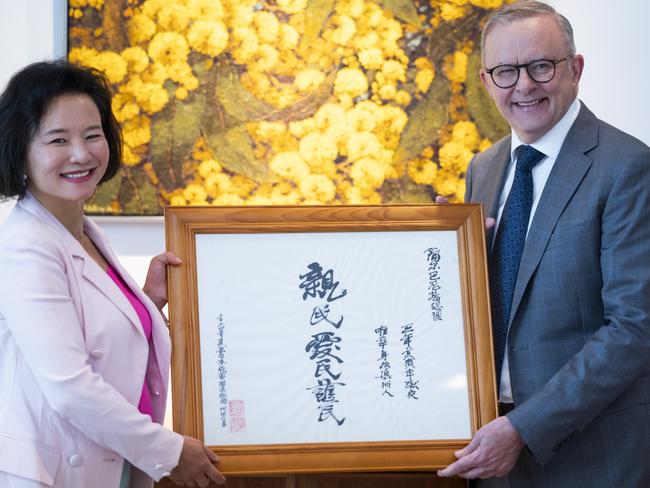
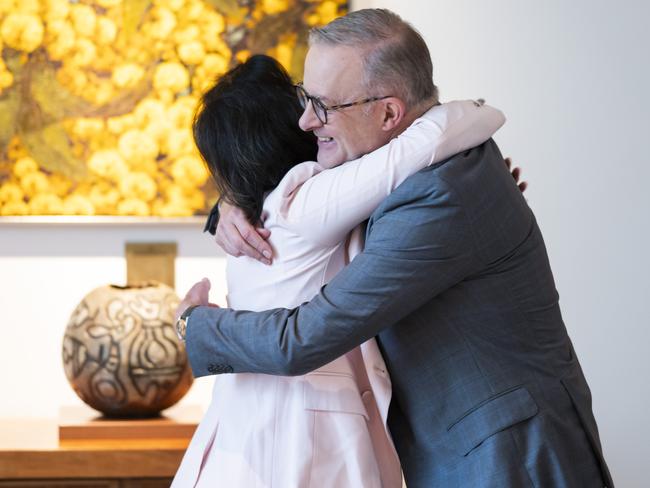
Originally published as Aussie TV journalist Cheng Lei reveals true horrors of Chinese prison punishment


